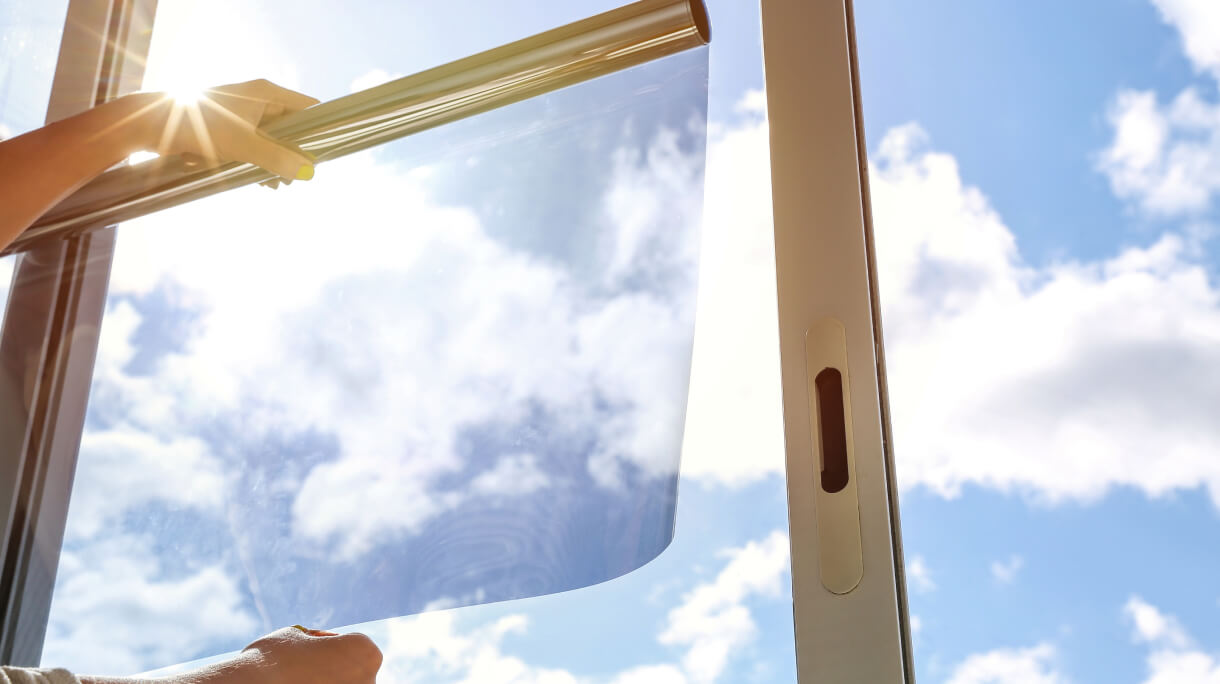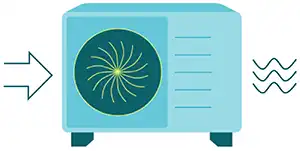5 Investments to Reduce Your Energy Bills & Carbon Footprint
In today’s world, being mindful of both our finances and the environment is more important than ever. Luckily, there are investments you can make that not only save you money but also reduce your carbon footprint. These smart investments can help you make your money go above and beyond while contributing to a more sustainable future.
In this blog post, we’ll explore five such investments that are worth considering:
- Solar panels
- Smart thermostats
- Energy-efficient lighting
- Insulating windows
- Energy-efficient appliances
5 Investments to Reduce Your Energy Bills
1. Solar Panels
Solar panels are a smart choice for the environment and a savvy financial move, generating clean, renewable electricity for your home. Our Evolo solar panels significantly reduce your reliance on grid electricity. By relying on solar panels rather than grid electricity, your energy usage from traditional sources decreases. As a result, you’ll see a reduction in your energy bills because you’re producing more of your power sustainably.
The prospect of lower energy bills and a sustainable energy source are key selling points in today’s environmentally conscious market. Therefore, investing in solar energy could make your home more attractive to potential buyers and tenants. Plus, numerous regions provide attractive incentives and tax credits to promote solar panel installations, making it an even smarter investment.
It’s worth noting that you can still benefit from solar energy in cloudy locations, thanks to advances in solar technology and efficient panel designs.
Discover more benefits of living off the grid. Explore our Evolo solar panels, air source heat pumps and EV charging solutions to support your journey to net zero.
2. Smart Thermostats
A smart thermostat is like having a personal energy manager for your home. These intelligent devices work by using sensors and algorithms to monitor and control your home’s heating and cooling system. Smart monitors learn your schedule and temperature preferences to automatically adjust your system for optimal comfort and energy efficiency.
What’s more, you can control your smart thermostat remotely through smartphone apps, allowing you to make real-time adjustments. This feature ensures you’re not wasting energy even when you’re away from home. Ultimately, smart thermostats make life more convenient, and significantly reduce the amount of energy you use and your monthly expenses.
Similarly, our FoxRadar heating oil tank monitor allows you to keep an eye on your fuel levels from anywhere, any time. Our handy mobile app gives you complete control of your oil consumption and alerts you when your tank is running low.
3. Energy-Efficient Lighting
When it comes to lighting, some bulbs outshine others. LED (Light Emitting Diode) bulbs stand out as champions of energy efficiency, consuming far less energy compared to traditional incandescent bulbs. They also boast a significantly longer lifespan compared to traditional light bulbs, minimising the need for frequent replacements.
Not sure how to tell if a light bulb is energy efficient? Energy-efficient light bulbs typically feature labels indicating their energy efficiency. These labels use an A+ to G scale, with A+ representing the highest energy efficiency and G the lowest. Opt for bulbs with labels closer to A+ for maximum efficiency.
Also look out for the “Energy Saving Trust Recommended” logo on the packaging. This logo means that the type of bulb meets certain energy efficiency criteria and is a great choice for saving energy.
4. Energy-Efficient Windows (Or Insulation Film)
Investing in energy-efficient windows or improving your home’s insulation can make a substantial difference in your consumption of heating oil. Energy-efficient windows have special coatings and materials that act as a thermal barrier. This prevents heat from escaping during chilly winters and blocks unwanted heat intrusion in scorching summers.
Another option is to apply window insulation film as a more cost-effective solution. Window insulating film is a thin, transparent plastic material that provides the same benefits as energy-efficient windows. Typically, people apply window insulation film to the interior side of windows. Doing so creates a thermal barrier that reduces drafts and provides UV protection, meaning you get the most out of your tank.

5. Energy-Efficient Appliances
Upgrading to energy-efficient appliances is a wise investment for both your wallet and the environment. These appliances operate more efficiently, meaning they use less electricity or gas to perform the same tasks as their conventional counterparts. Energy-efficient appliances consume less power and maintain the same level of performance, you significantly lower your utility bills over time. Look for the Energy Star label on products like refrigerators, washing machines, and dishwashers, indicating they meet strict energy efficiency guidelines.
Looking for money saving and eco-friendly tips? Check out our guides on how to cut costs and save money at home and how to reduce food waste.




